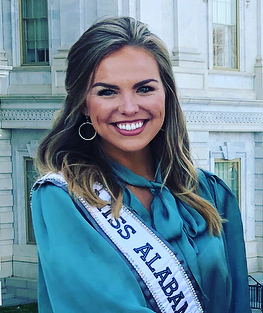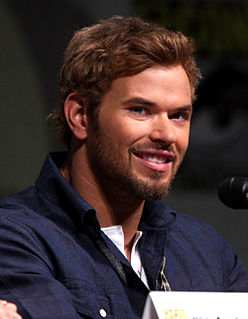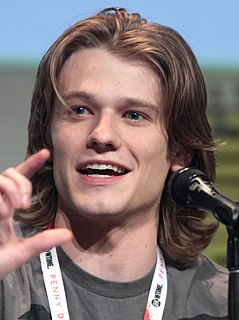A Quote by Stanley Hauerwas
When I started to write 'Hannah's Child,' I realized that this had to be a book of passion, to have a certain kind of vulnerability. I think that people respond to that.
Related Quotes
It took me a while to really figure out what my passion was and I think that was another reason why I struggled with anxiety and depression. Because if you don't know what your purpose and your passion is sometimes you don't know what life is for. Once I kind of got out of that rut, I realized that I'm so 100 percent okay with who Hannah is.
Write what you want to read. So many people think they need to write a particular kind of book, or imitate a successful style, in order to be published. I've known people who felt they had to model their book on existing blockbusters, or write in a genre that's supposed to be "hot right now" in order to get agents and publishers interested. But if you're writing in a genre you don't like, or modeling yourself on a book you don't respect, it'll show through. You're your first, most important reader, so write the book that reader really wants to read.
You have to surrender to your mediocrity, and just write. Because it's hard, really hard, to write even a crappy book. But it's better to write a book that kind of sucks rather than no book at all, as you wait around to magically become Faulkner. No one is going to write your book for you and you can't write anybody's book but your own.
A publisher friend of mine suggested that I write a book about my grandfather, who had just died. I had nothing else to fill my empty days with, so I started work on this book. While researching it - watching lots of movies, talking to moviemakers - I became interested in movies and started making documentaries.
I just started trying to figure out how to write [something] which was unlike anything anybody had ever seen, and once I felt like I had figured that out I tried to figure out what kind of book I could write that would be unlike anything anybody had ever seen. When I started writing A Million Little Pieces I felt like it was the right story with the style I had been looking for, and I just kept going.
I told myself that if I hoped to write a book that helped people to take a good look at some of the names that have been written on their nametags, I would need to do the same. I had to write Hello, My Name Is from a place of authenticity, even vulnerability, being willing to let God show me areas of my life that have been incorrectly shaped by false identities I've allowed to hang around for too long. I truly felt like, 'if this book is helping me, then it's going to help someone else.'






































